The emotional development of a child is a very important component of education, which is often neglected. Developing kids in those areas that, at first glance, are more important for their further progress. For example, when children begin learning to read, they train their logic and memory. However, at the same time, the child may have difficulty explaining what feelings he will have towards others or situations, why he has a bad or good mood.
When to start developing a child emotionally?
From the very first days of a baby’s life, it is important to pay attention to the emotional development of a child. If the mother is not very revealing emotions, does not smile to the funny things, does not talk to baby in a tender voice, does not try to catch his eyes, then the baby will grow up with the same "colorless" emotions. How to start implementing your home program to develop the emotional world of the baby?
- Come to your child more often, take him in your arms, stroke him
- Smile calling him by name and affectionate words
- Connect facial expressions so that the child can see different emotions on your face
- Work your voice, conveying different feelings with intonation.
- Name your feelings so that the child remembers them gradually. For example, you can say to a child: “I have a lot of fun, because we are playing together”. Or: “Today I’m sad because the weather is so bad”, “I’m a bit angry and I need to calm down”.
Why do some children have difficulty recognizing emotions in the other person?
Precisely because the child did not have the opportunity to receive the first emotional experience, he may have difficulty in recognizing other people's emotions. As a rule, such problems are noticeable in children who hardly fit into a group of children. Friendly facial expressions may be perceived as hostile and aggressive. And, as a result, they react to it as aggressively. And then the other children do not accept such a child in their group, considering him to be unkind, unsociable.
The development of empathy, the ability to understand the emotions of who you communicate with, can be developed in a playful way. Watch a cartoon or read a book, look at pictures, ask your baby:
- Why is the bunny crying?
- What amused the boy?
- What do you think the baby elephant feels?
- Is the girl in this tale angry or upset?
Simple questions will give the child the opportunity to think about the feelings of the characters, to understand the subtleties of emotional perception.
How can parents help a child learn to understand the emotions of others?
The older the child becomes, the more difficult his emotional world. And if at the beginning of his life the baby could only show us grief or joy, then in the future he will show a whole palette of feelings. And he can already name some of them.
- Mom, I'm really hurt
- I'm so angry today
- I feel sorry for the kitten
- I have a cheerful mood
Help your child not only correctly name what he feels, but also understand the causes of their experiences. To do so, it is very useful to read children's poems, stories and listen to music. After all, each piece has different feelings a child can learn.
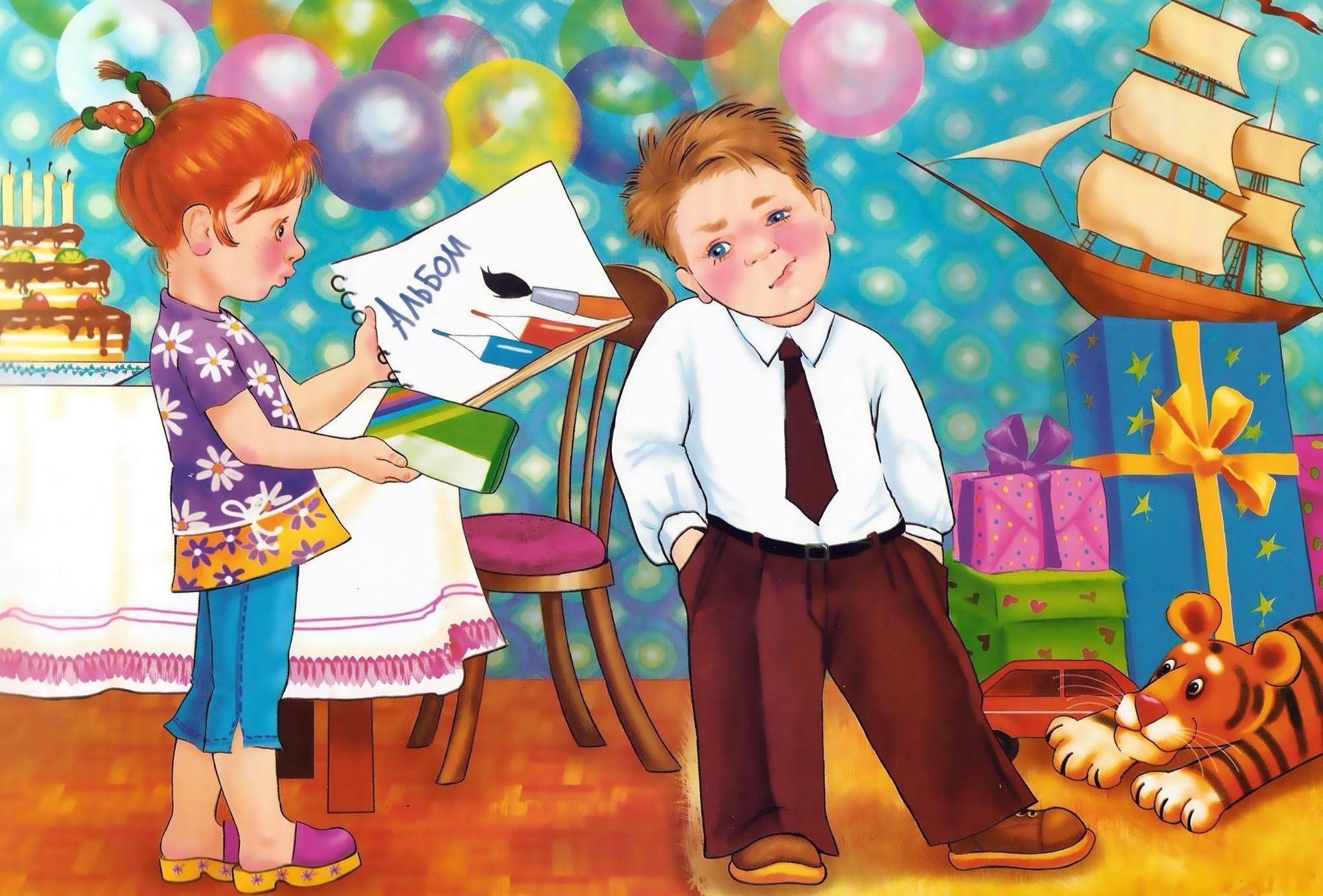
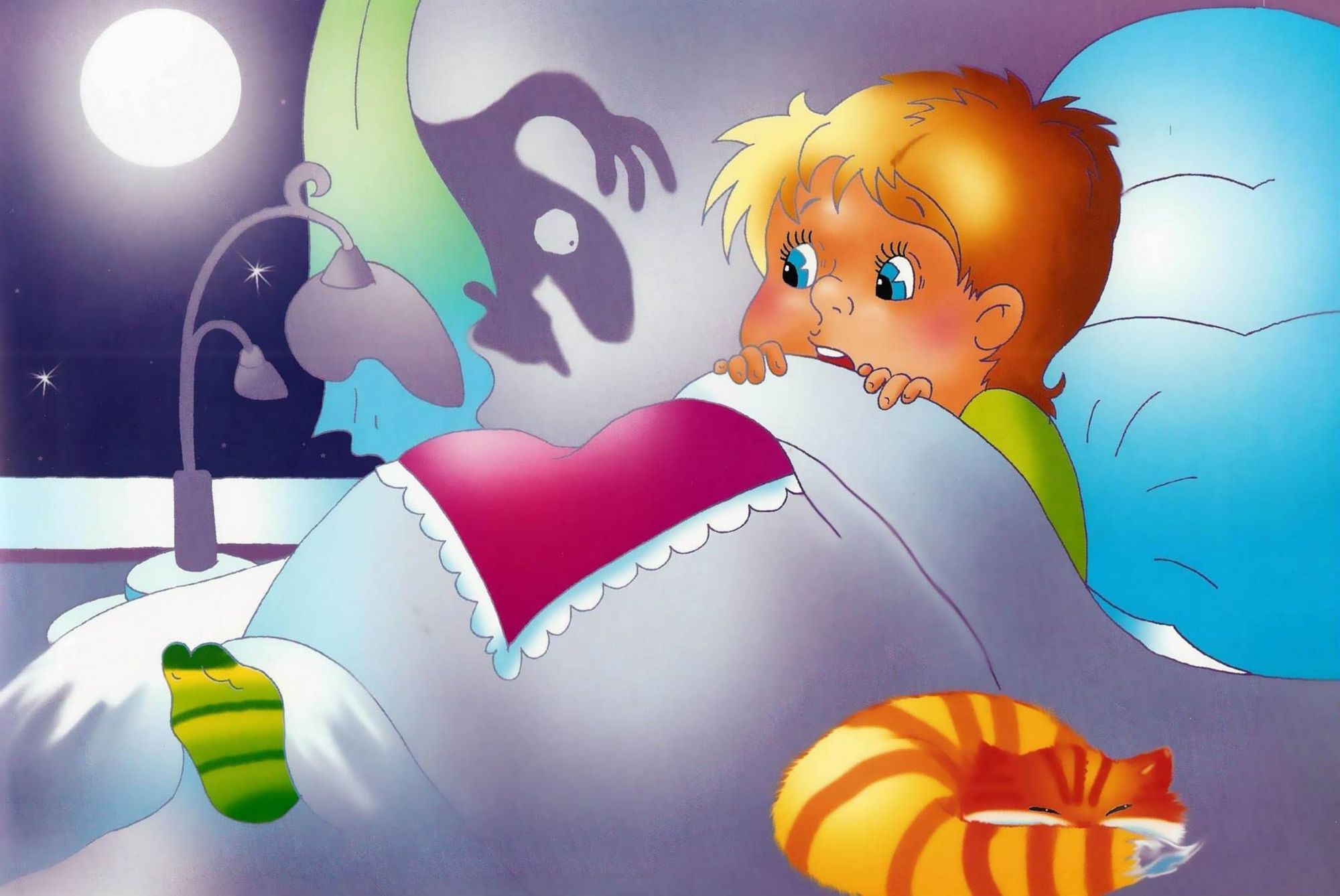
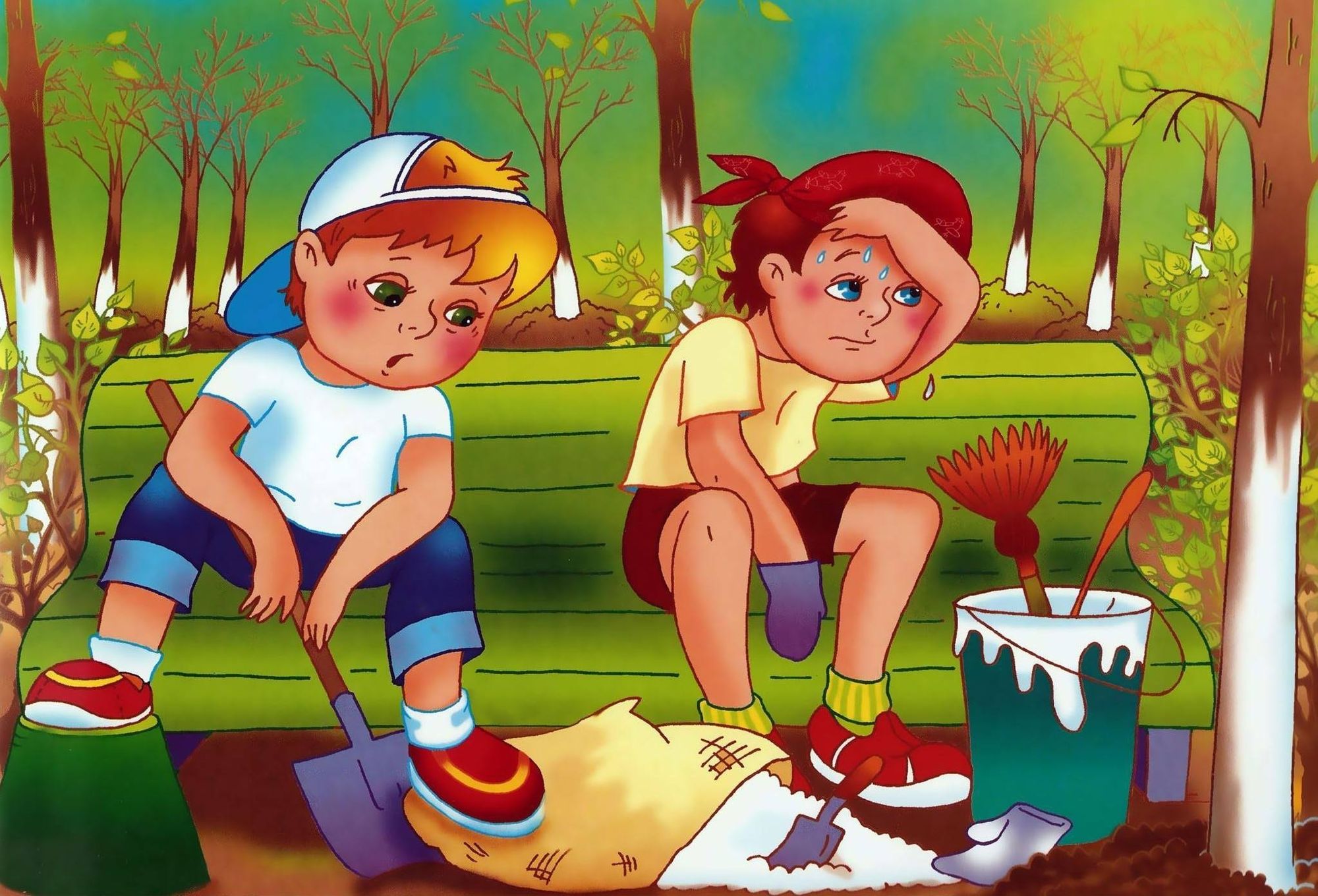
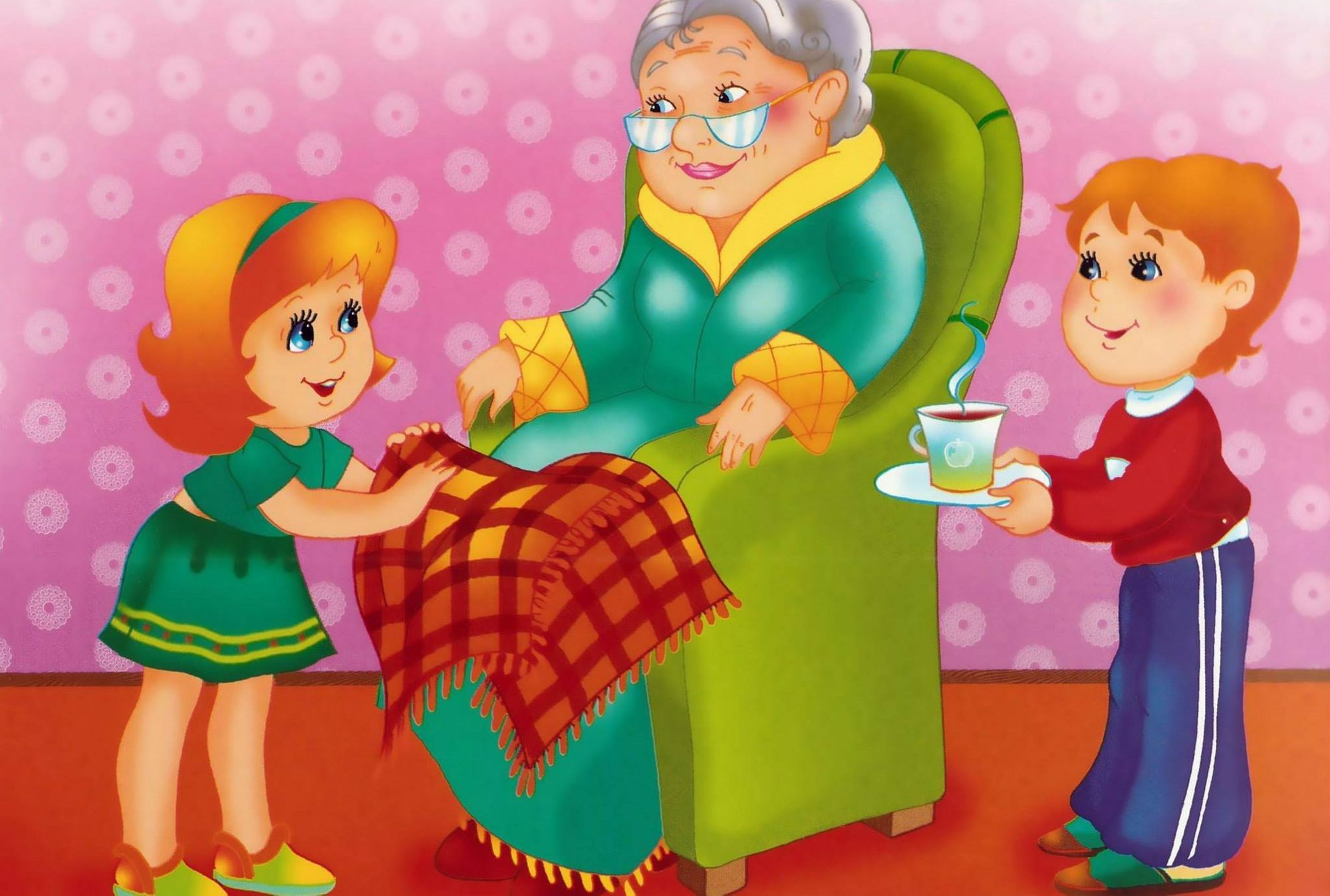
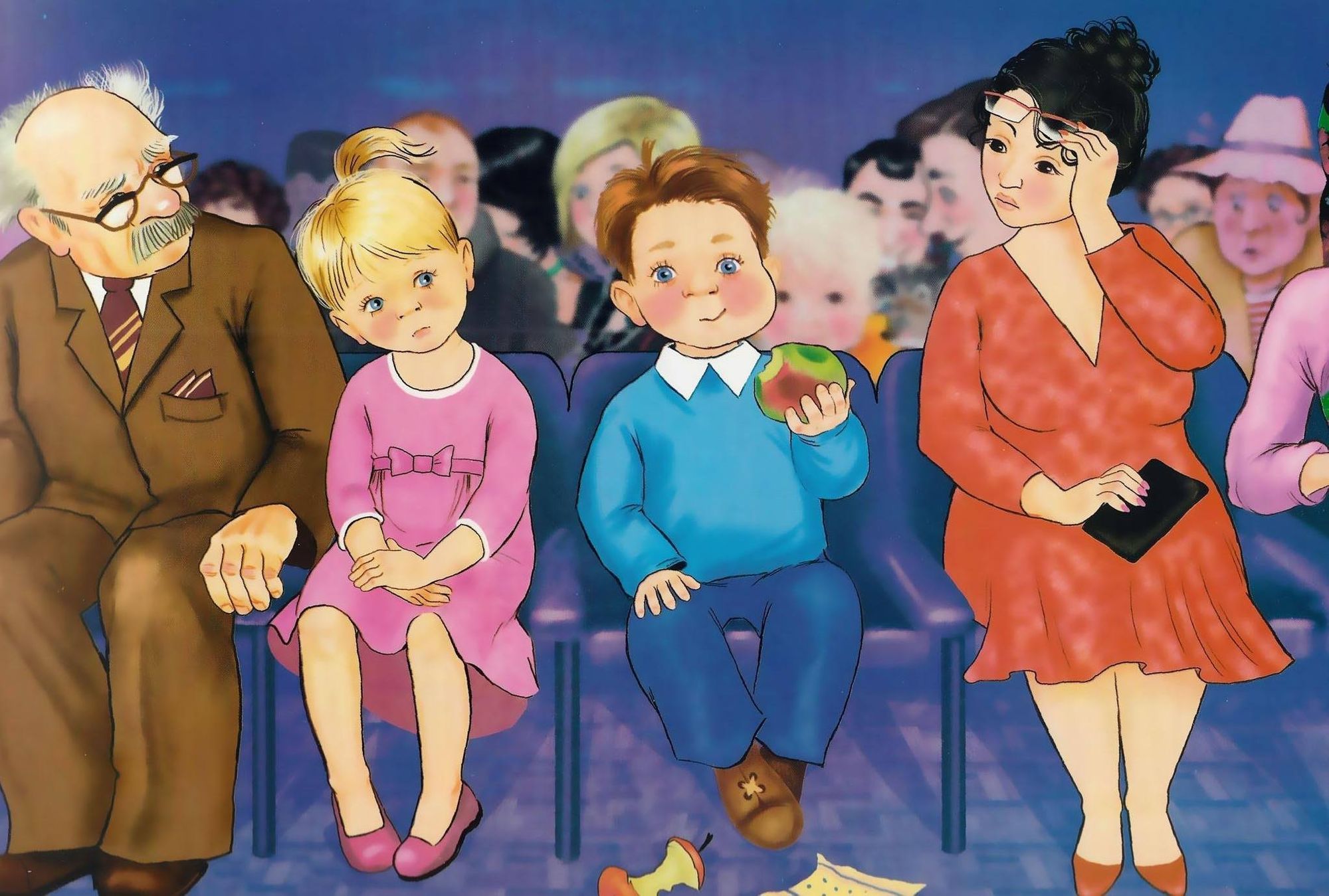
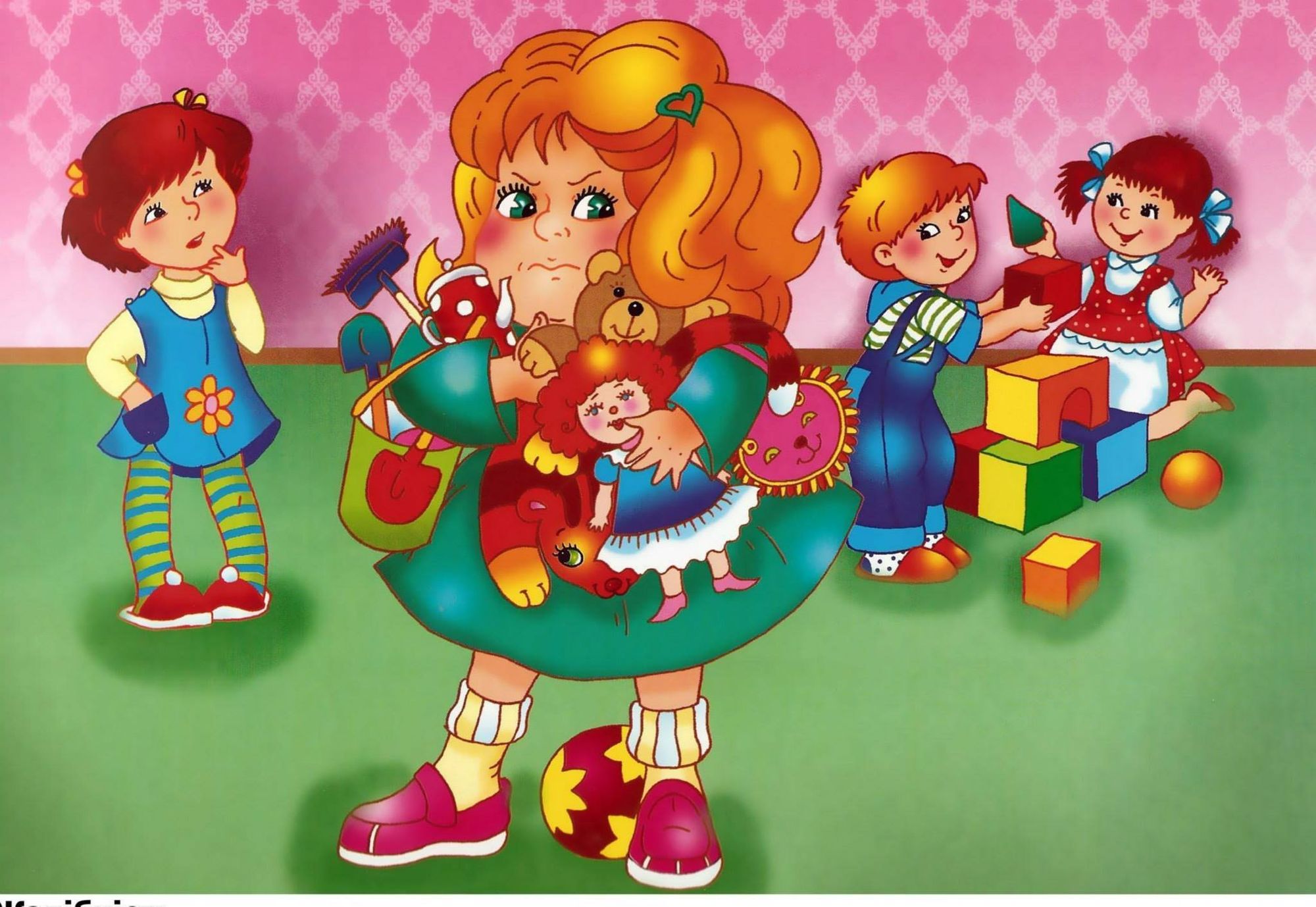
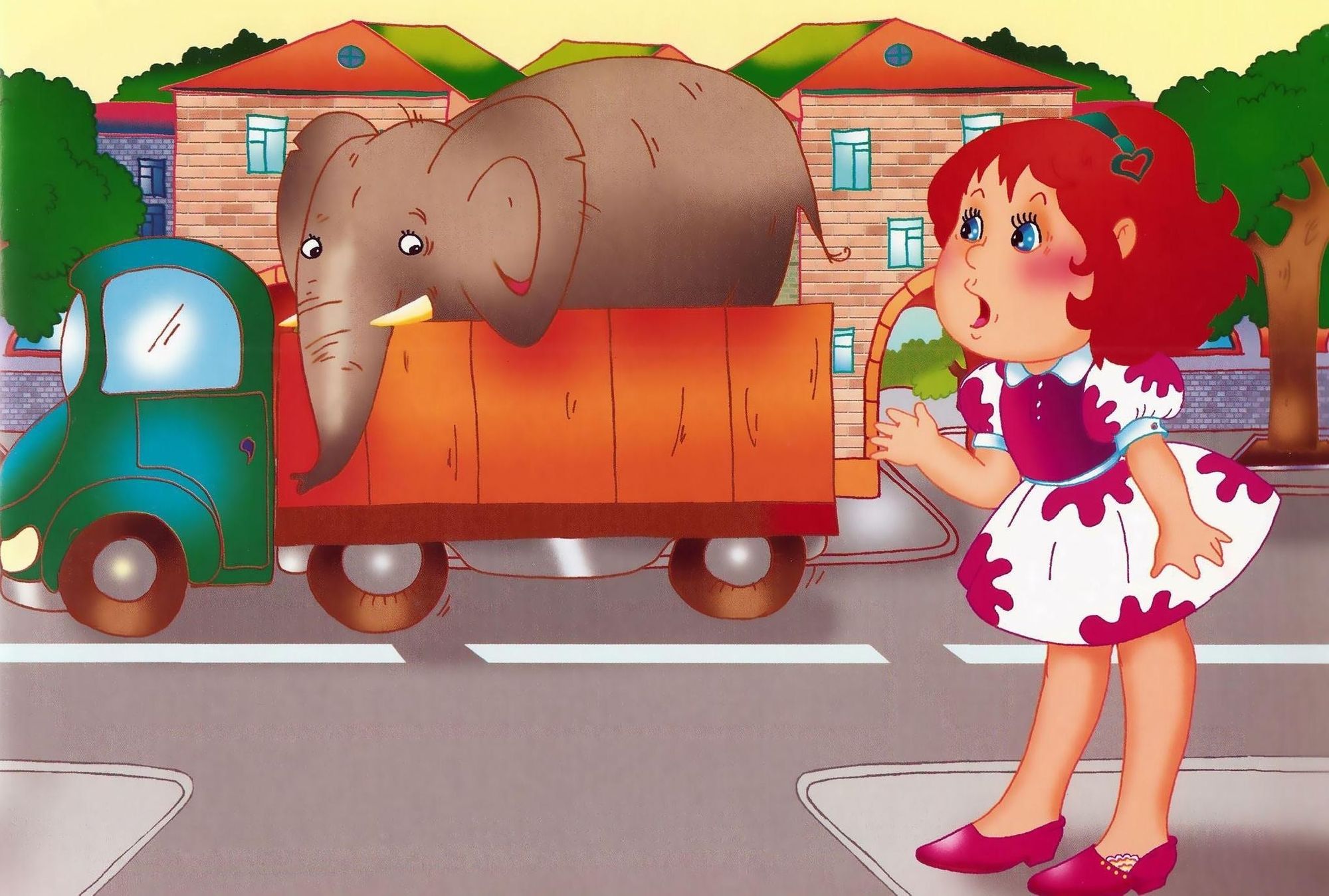
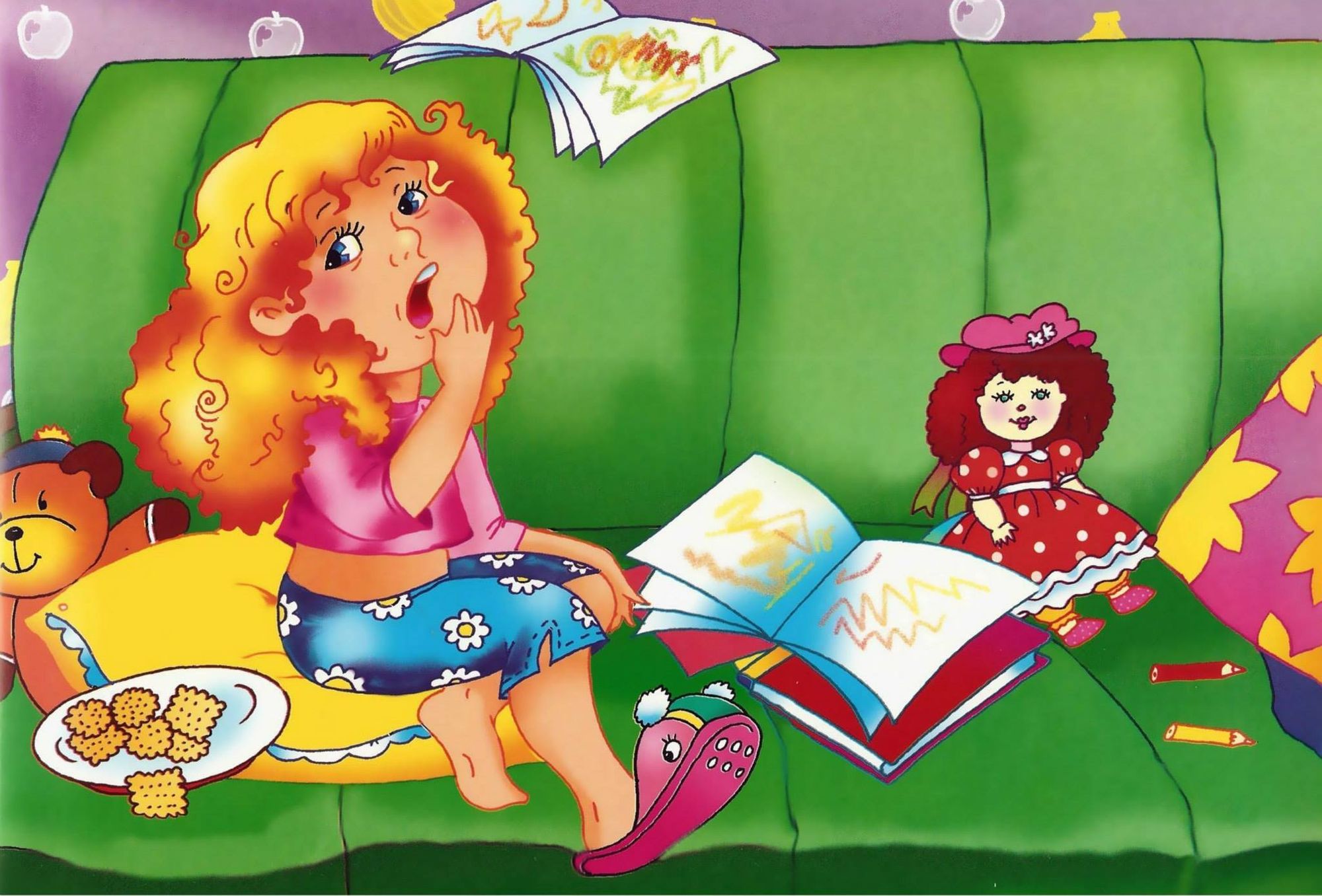

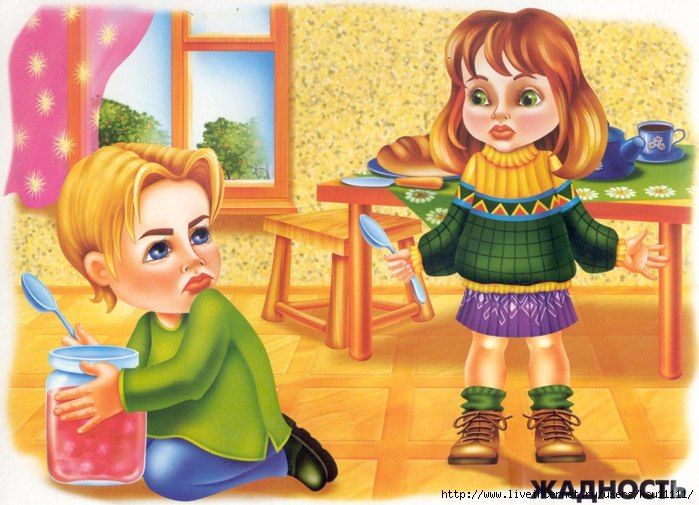

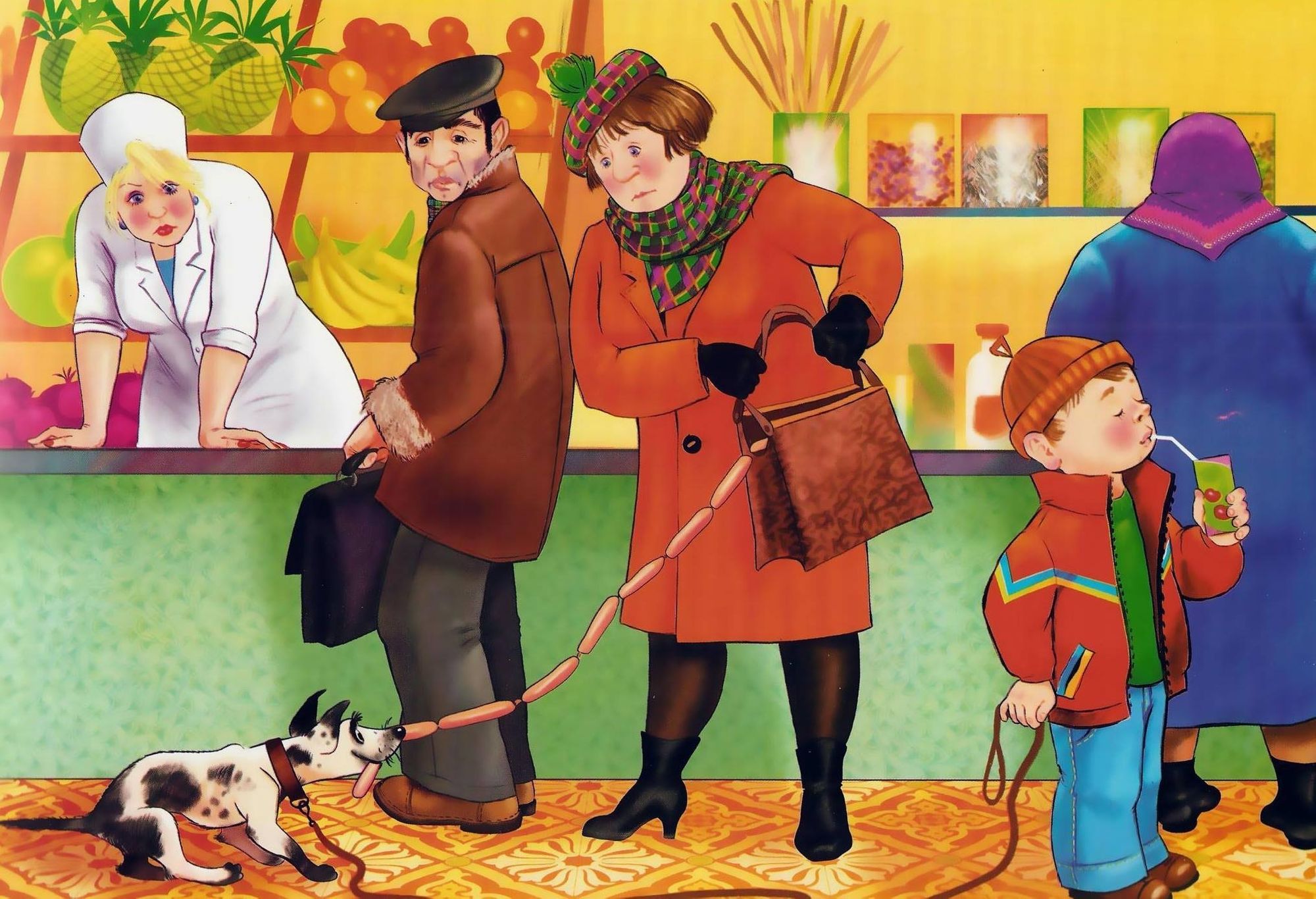
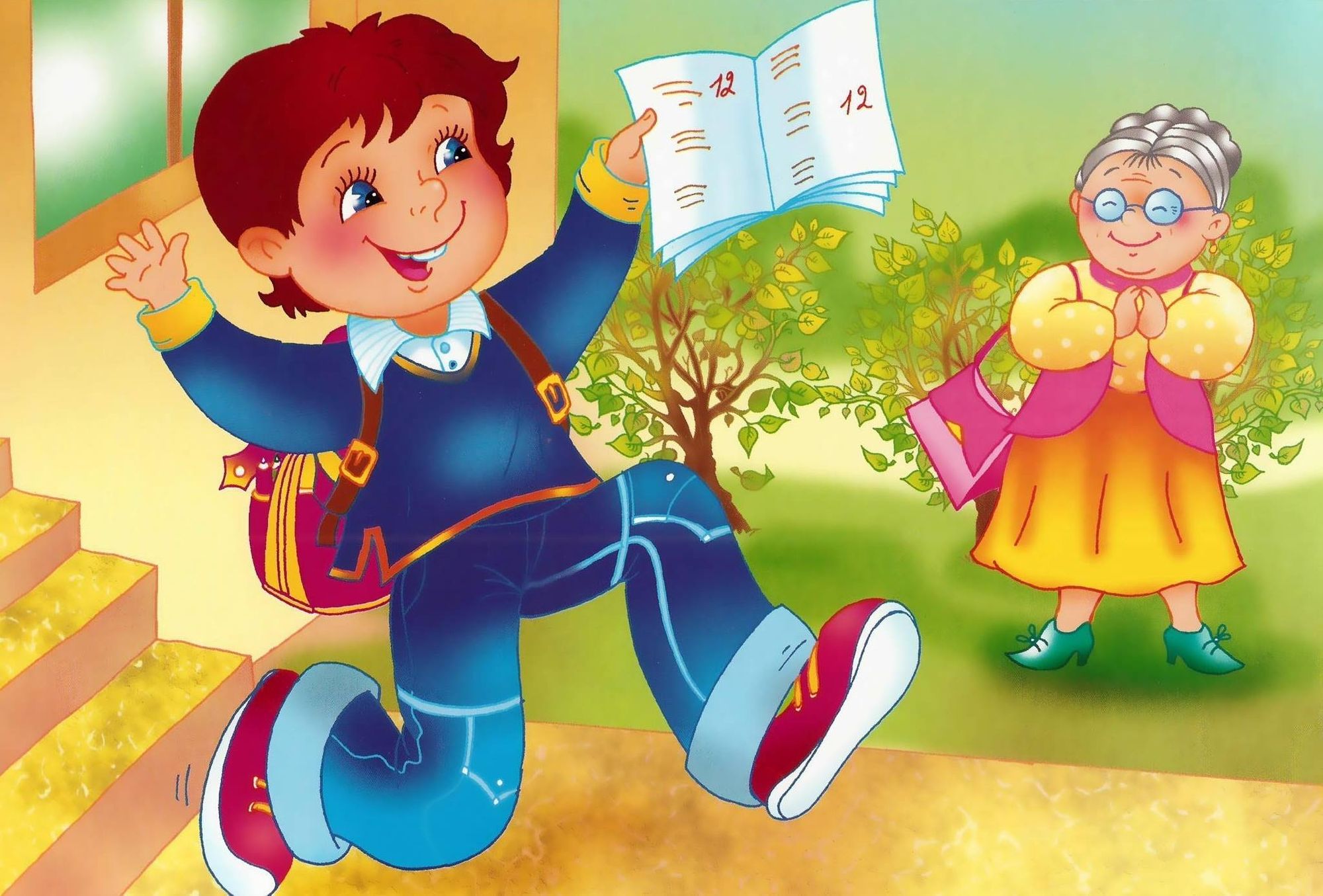
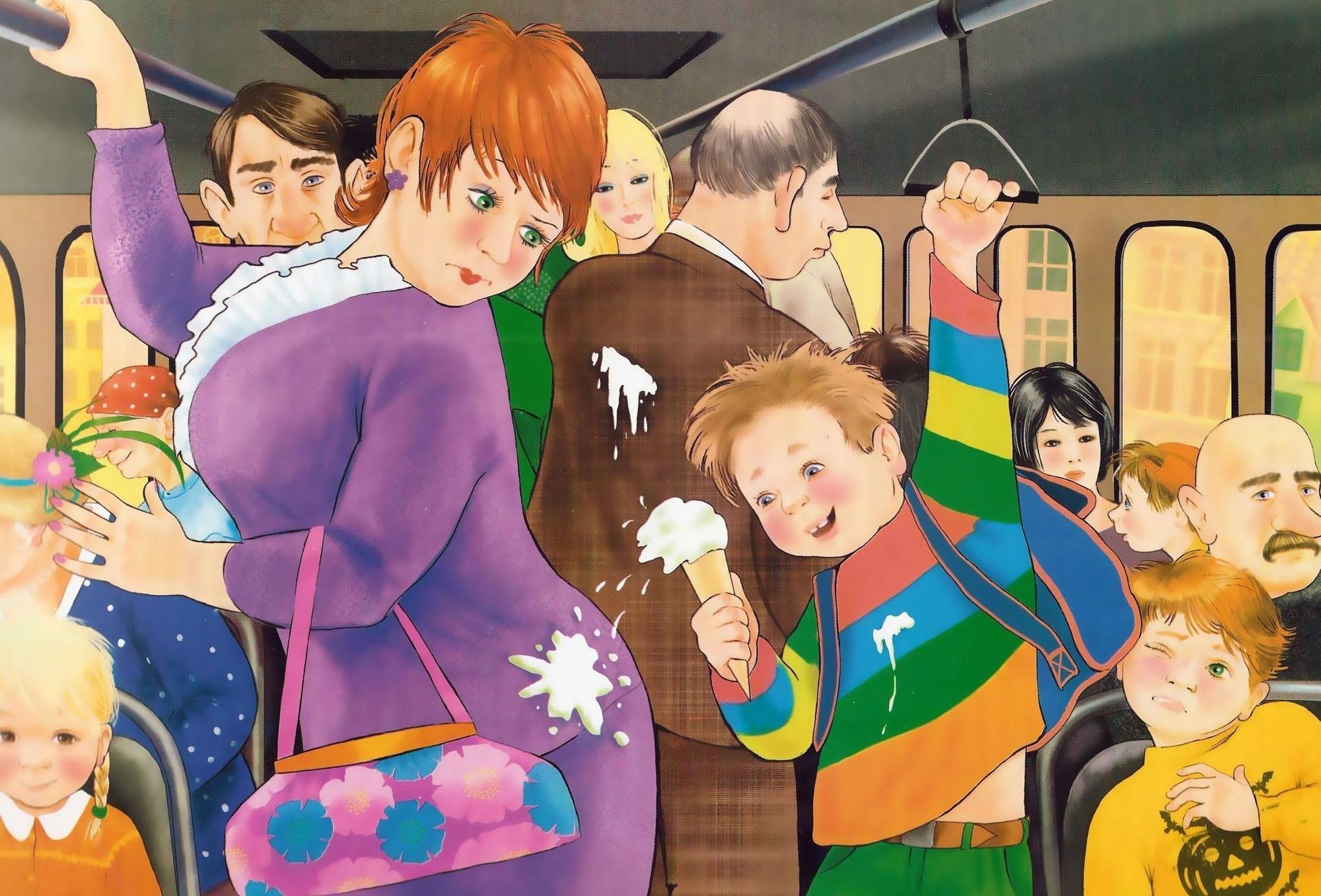
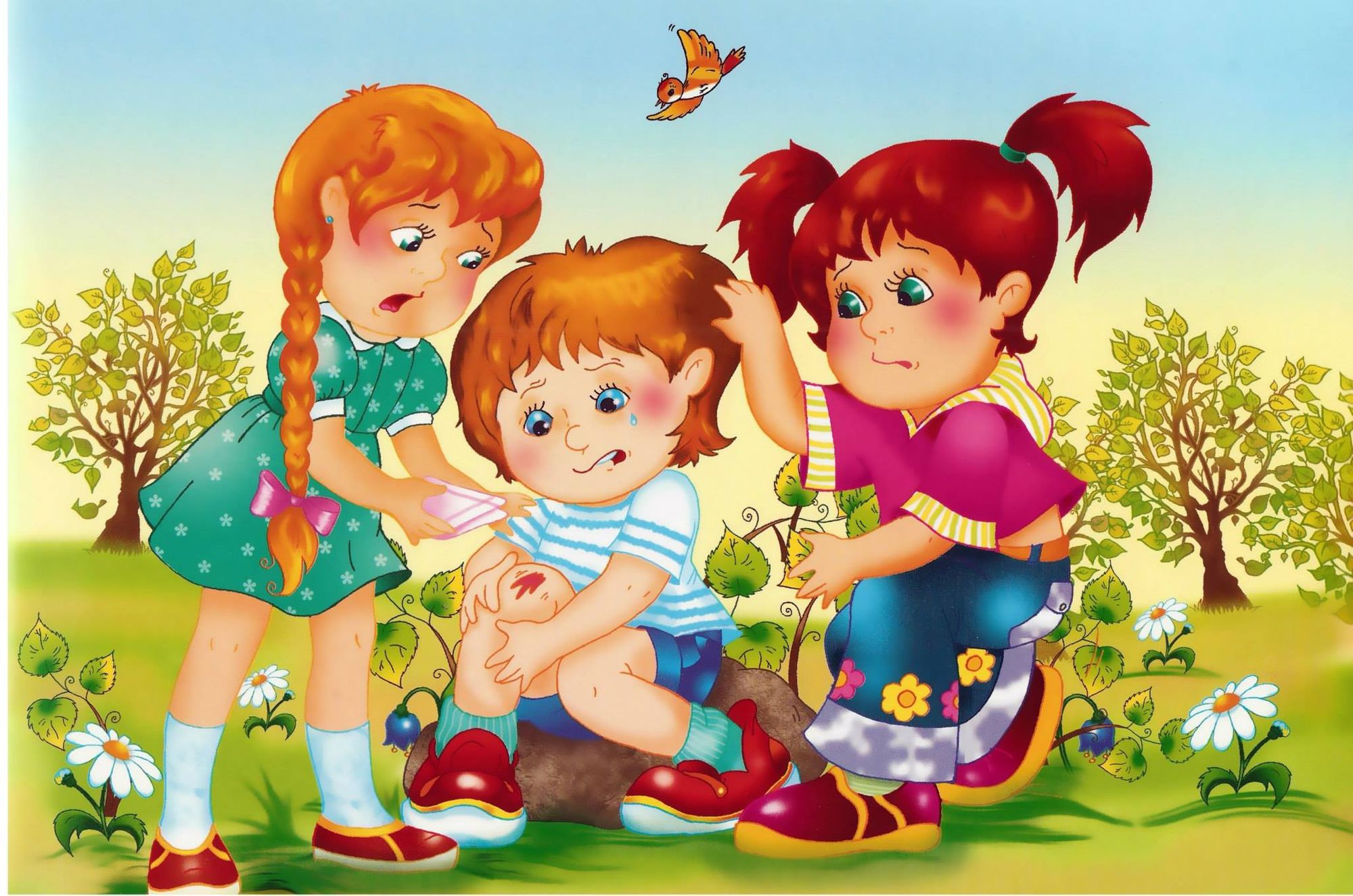
Printable material here:
feeling.pdf

